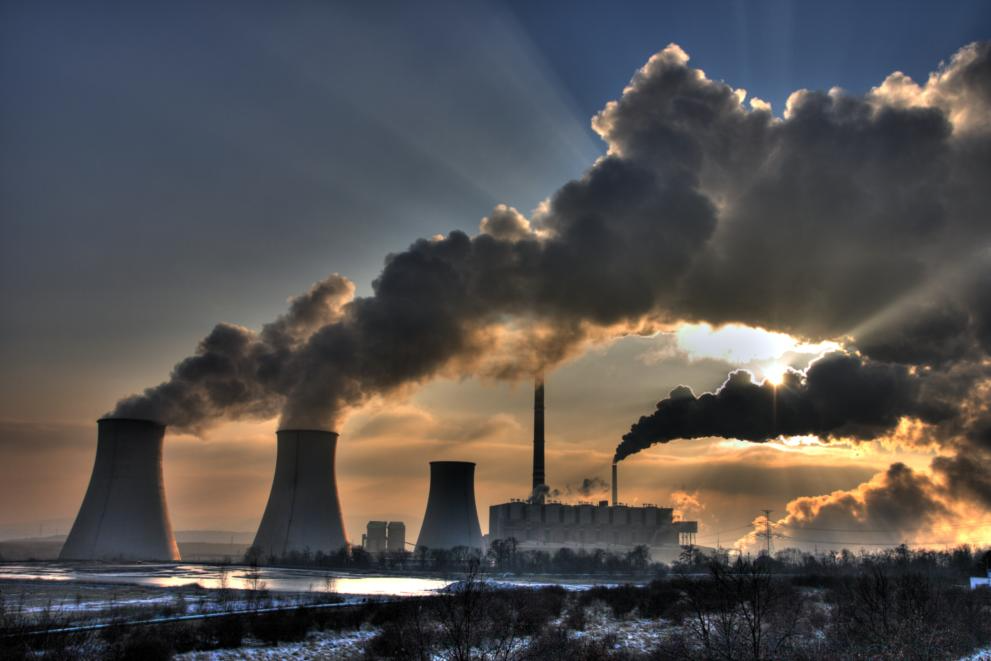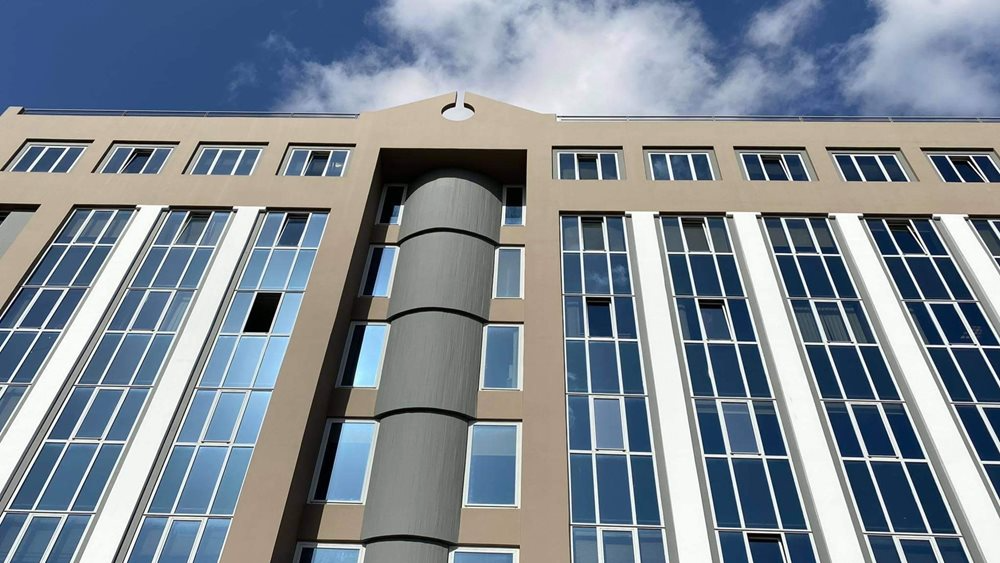
The two most polluting sectors of Greek industry, cement production and refineries, which account for more than 80% of total industrial emissions over the last decade, aim to reduce their carbon footprint, according to an analysis by Greek Tank.
Regarding carbonisation, some executives consider the EU's targets ambitious, while reservations remain about the potential and cost of Carbon Capture, Use and Storage (CCUS) technologies and the adequacy of the Carbon Border Adjustment Mechanism to protect the competitiveness of European industries against competitors from third countries.
On the other hand, other stakeholders believe that actions to tackle climate change should go ahead. However, it is felt that the EU should strengthen green investment to ensure parity between industries in Member States with different economic capabilities.
FURTHER SUPPORT FROM THE STATE
Despite their reservations and concerns, the Greek cement industries and refineries are following the new landscape that is taking shape. They are already planning and implementing projects to reduce their carbon footprint by 2030. The largest emission reductions will occur from 2028 onwards, when the major CCUS projects are expected to come on stream.
"The state needs to further strengthen this effort by facilitating the electrification of industrial processes, formulating an appropriate institutional framework for carbon capture, storage and use technologies (CCUS) and promoting a centralised EU-level financing mechanism to support green investments in industry," said Nikos Mantzaris, policy analyst at Green Tank.






